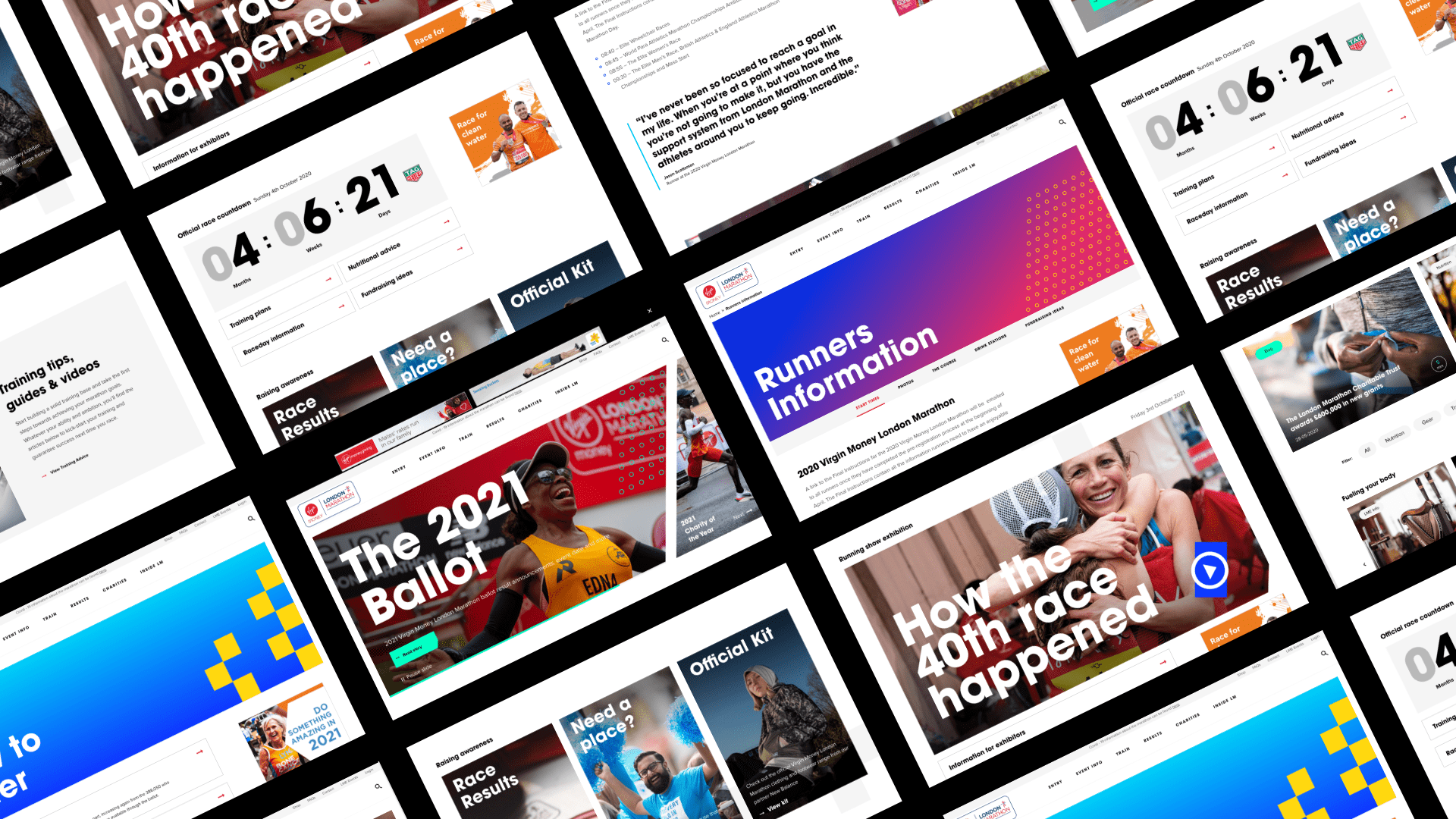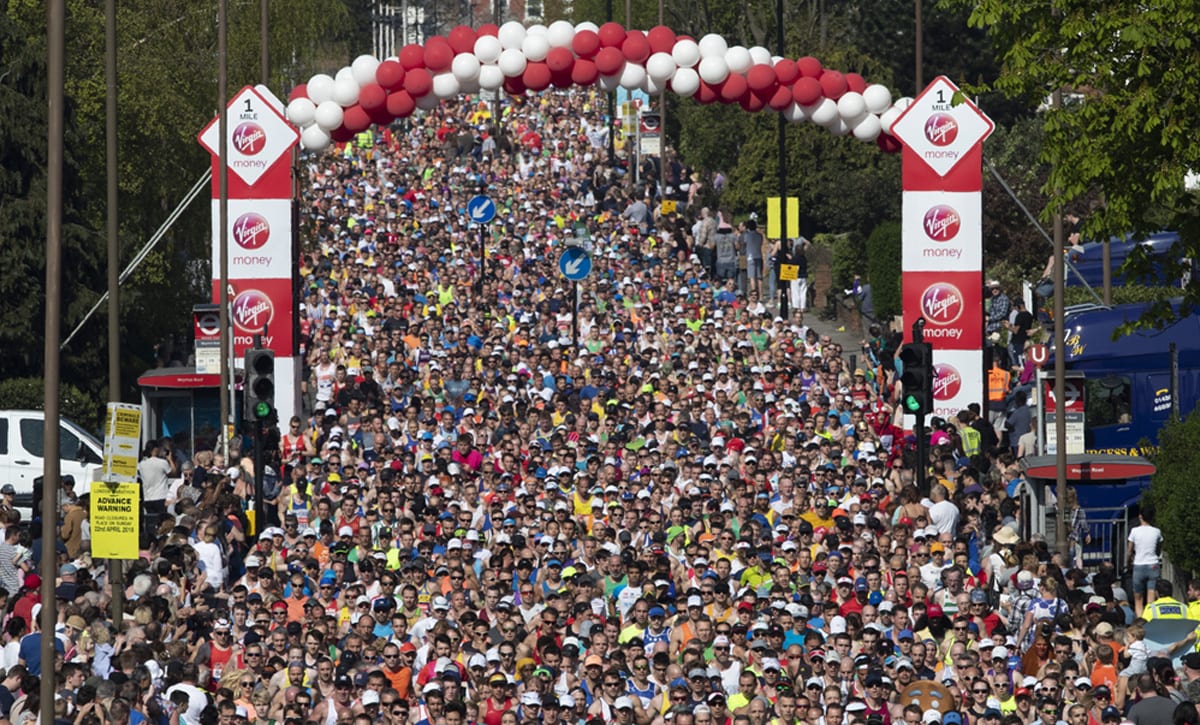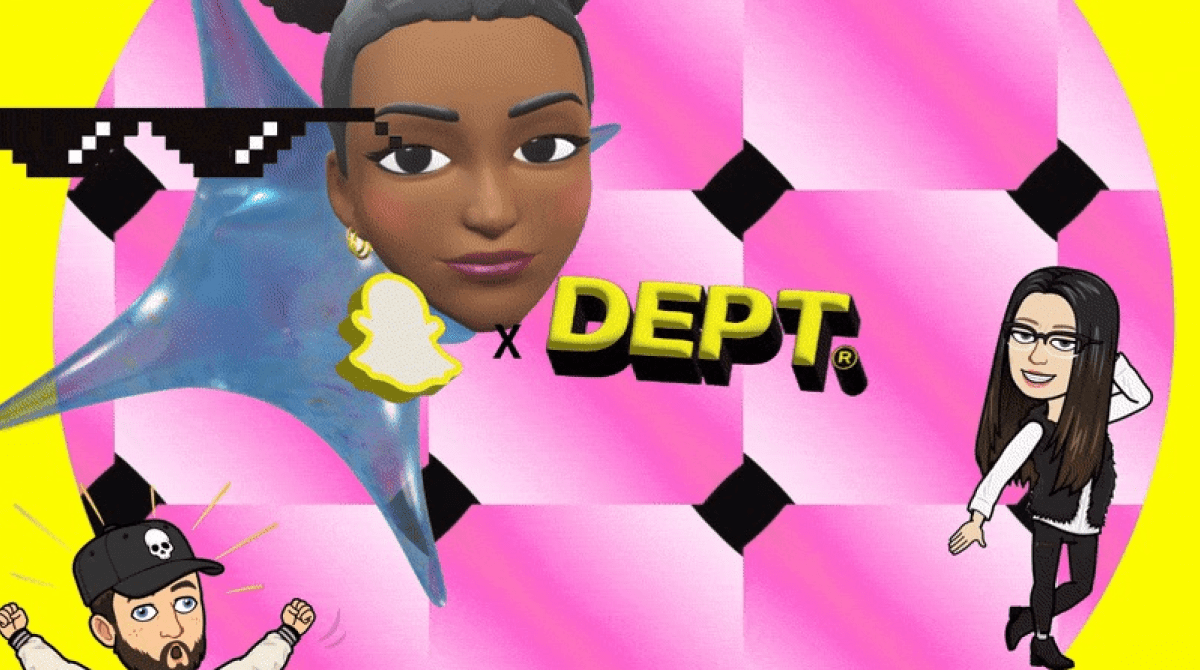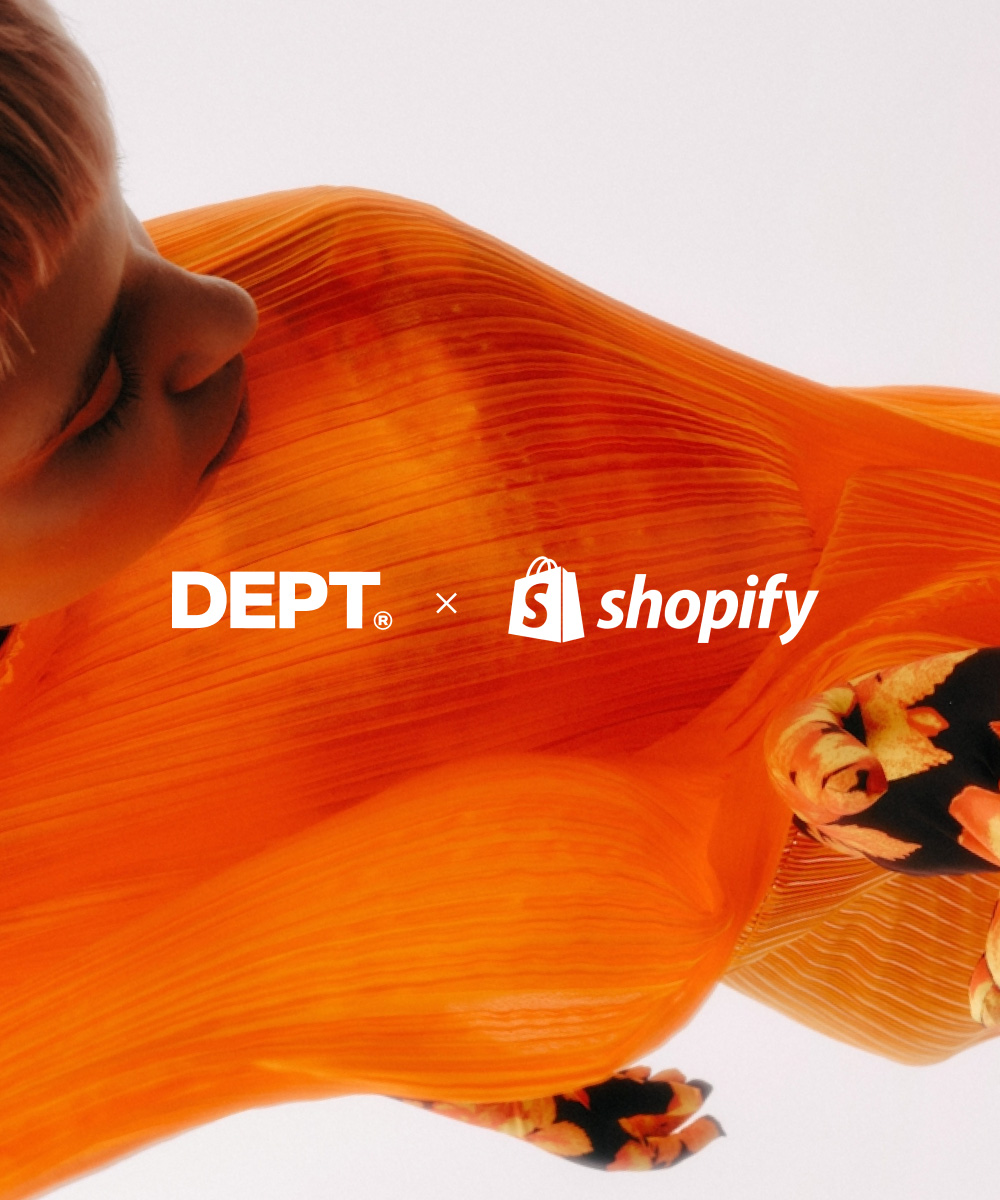How the London Marathon is accelerating its digital transformation

Few industries have been as heavily impacted by the COVID-19 pandemic as live events. More than a year since the crisis began, many other industries have returned to some degree of normality, while mass in-person events remain on the backburner. During this time, organisations have had to reimagine and reinvent their propositions to relieve their reliance on large, physical gatherings. As such, the industry’s adoption of digital technologies has been drastically accelerated, enabling organisations to retain engagement and communication with audiences within virtual environments.
Implementing new ways of operating to keep activities running digitally has been of particular imperative for mass event organisers that also act as charity fundraising arms, such as London Marathon Events. The organisation’s Director of Transformation, Steven Foster, recently discussed its race to expedite digital transformation at Econsultancy’s ‘What’s next for CX?’ virtual conference.
Accelerating digital plans
London Marathon Events (LME) has embarked on an ambitious digital transformation journey over the past couple of years. In 2018, a CRM was implemented in response to GDPR and in 2019, DEPT® was appointed to do a brand refresh for the London Marathon and centralise the organisation’s digital estate with the implementation of a new digital experience platform. Before COVID-19, plans focused on optimising these platforms through data unification and personalisation, and although these strategies remain an integral part of their digital plans, new priorities jumped to the front of the line when the pandemic hit.
“When we postponed the London Marathon, we had to create contingency plans and solutions for the 50,000+ people that signed up to defer or refund their entry and donations. Creating and digitising these forms wasn’t something we’d done before and adding this optionality wasn’t even on our digital roadmap. We weren’t intending to offer that service on the scale that we did but in that immediate term, it quickly became the most important building block for us to conceptualise and rapidly release,” commented Foster.
Expanding the scope of engagement
The London Marathon is so much more than a 26.2 mile run. It’s an exceptional experience that attracts a diverse group of people, who train incredibly hard and raise money for charity in the lead up to it. From the competition and camaraderie among athletes, to the incredible personal stories; the different motivations for participating is what makes the event so meaningful. That’s why engaging with the runners on a deeper level remains a key element within LME’s digital roadmap.
Foster said: “If you look at our customer journey, you apply for the marathon and you get in or you don’t, and then you’re kind of left to your own devices for six months. You can access PDF training plans but, in reality, the experience we offer could be better in that time. Then the event week is phenomenal, and the experience is brilliant; we want to make people who enter our events feel more inspired, not just in the week they’ve done it or the two days after when they’re so proud of it, but also the run-up. We want to help with their training and support their community.”

Inspiring a virtual world
Every year (apart from 2020) LME organises 13 world-leading, mass participation events in running, cycling and swimming. The profit from these events goes to the London Marathon Charitable Trust (LMCT) which uses the funds to provide donations and grants in the community. Together these organisations coexist to inspire activity: LME through its actions and LMCT through its contributions. COVID-19 related disruptions made it imperative for LME to accelerate experiences in ways outside of its physical events, and continue its charitable impact.
“We’re having conversations on how to evolve our content. We are very email and written-focused as an organisation in terms of how we communicate with people, but are looking into alternative ways, which will allow people to digest content in different formats.”
Foster expands: “We’re prioritising video to tell our stories, and there’s so much to do in the space of inspiration and training plans. We’ve touched on using the audio functionality that we had in our app (we had scripted messages and crowd noises), and how to tie those together. We’re exploring how can we create a platform whereby if you’re running 26 miles virtually, your loved ones can send you messages that play and inspire you at certain points.”
Prioritising personalisation
Foster mentioned taking inspiration from The 2.6 Challenge and learning from the simple structure of the Couch to 5K programme. “One of the main reasons why it is so successful is the community and the support it builds around that. Creating content is important for us, but more so it’s about using it to drive a community; it’s physical, social, spiritual and good for mental health. That social element is never more epitomised than by the physical London Marathon, we need to use our content to try and build a virtual equivalent for that.
“We have such different people that participate in our events. We’ve got phenomenal runners, championship runners, good-for-age runners, very fast people, and the content they need is very different from the person who is doing it because they’ve been inspired by the loss of a loved one, or they’re doing it for some good cause that they passionately believe in. They may not be as comfortable with running a marathon and we’re acutely aware of that.”
The powerful personalisation capabilities within the Sitecore Experience Platform was one of the reasons why LME chose the platform to underpin its new digital strategy. It enables the organisation to view customers through a single lens and rapidly publish tailored content across multiple platforms.

Taking it one step at a time
Moving to a more digital environment is an exciting opportunity for LME and has significantly helped to evolve its culture and organisational mindset. Its emphasis has shifted from planning and producing groundbreaking physical event experiences at peak points throughout the year into the never-ending digital world; where content moves fast and competing for attention is a competitive game, so the need to quickly publish content is imperative.
Sitecore acts as the foundation to fuel this change in dynamics, and DEPT® is continuing to develop its multi-site solution. London Marathon was the first website implemented on the platform, followed by The Vitality Big Half, with goals to bring LME’s entire digital ecosystem together.
Its social media platforms and third-party registration system are already linked into the centralised dashboard, giving Foster and his team the ability to make changes in real-time and continuously develop their transformation strategy. With this data, they’ve already seen how important a mobile-first approach is and are shaping its future around these insights.



